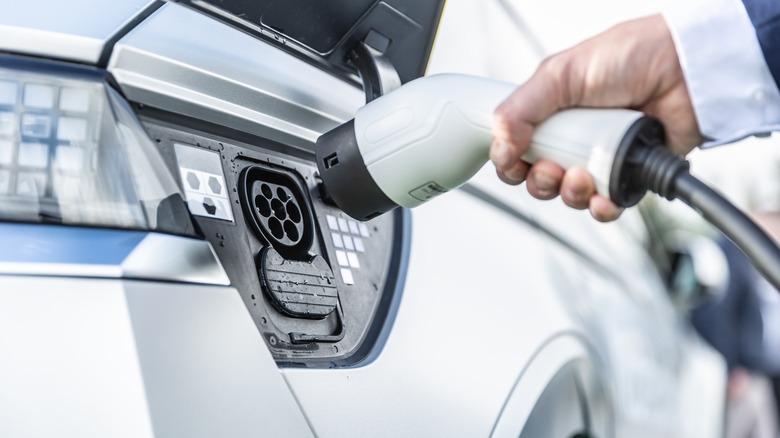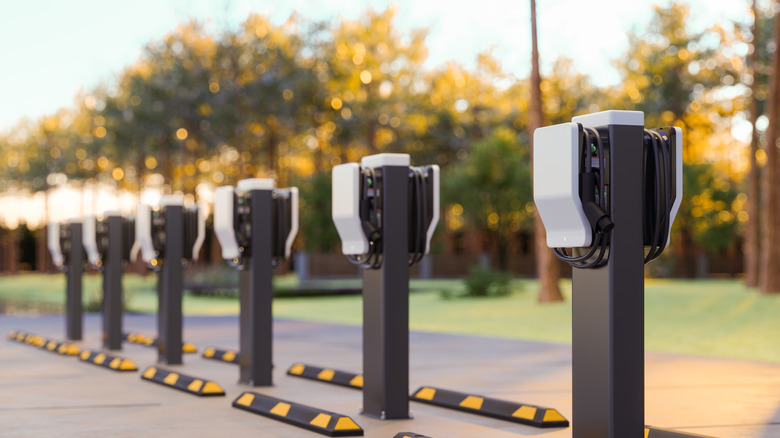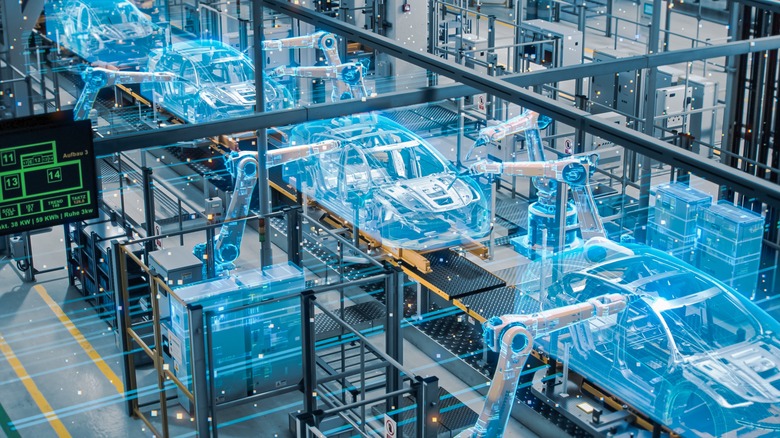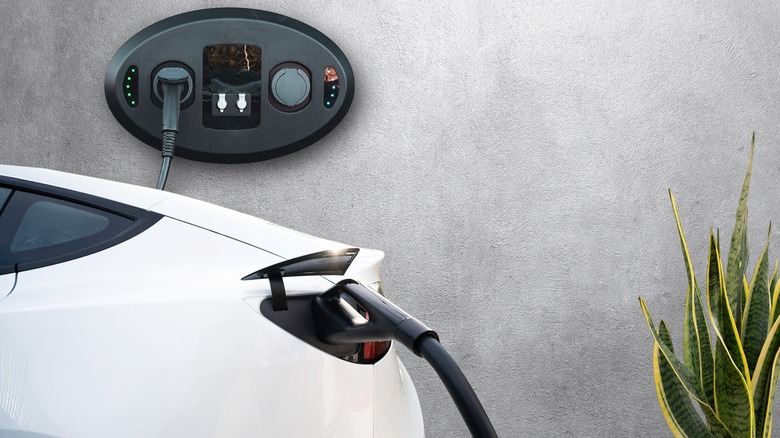Too Much, Too Fast: The Growing Issue That Faces Electric Vehicles
Petrolheads, when it comes right down to it, are called petrolheads for a reason. It's not simply that they adore driving and tinkering with cars (though, of course, they do), it's that many of them are enthralled by something very specific: the roar of a powerful engine, the smell of the gas. Are we destined to enjoy less and less of this iconic sensory blend in the future, as electric vehicles rise to prominence?
In April 2023, The White House issued a fact sheet emphasizing the Biden-Harris administration's commitment to the cause of EVs. The ambitious objective of "having 50 percent of all new vehicle sales be electric by 2030" was underscored again. When this missive was issued, just over six and a half years were available to achieve this, and that's a very short time to achieve such a paradigm shift in the world of the auto.
In the United States and around the world, the EV movement faces substantial issues. Here are some of the stumbling blocks.There's no carrying a convenient portable USB power pack for an electric vehicle, however. Hybrids, with their "back-up" engines, aren't as vulnerable to this, but the fact remains: long-term wide-ranging adoption of electric vehicles is dependent upon a reliable network of charging stations.
The accessibility of charging stations
The Department of Energy's Alternative Fueling Station Locator, an interactive map of the country, demonstrates that there are nearly 55,000 electric charging stations in the U.S. While there are a range of ports available per station, the capacity for DC Fast Charging isn't widely available at all of them, which makes longer journeys (not uncommon in a country this large) a heavy prospect. EVs can, of course, be charged at home, but this is prohibitive for longer journeys.
It's not just an issue for owners, either. If dealerships don't have convenient access to charging stations for the vehicles, it's more difficult for cautious parties to try to technology for themselves. As part of the Sierra Club's "Rev Up Electric Vehicles: A Nationwide Study of the Electric Vehicle Shopping Experience," a survey of U.S. dealerships revealed some harsh truths: charging access is limited in dealerships too.
One visitor to Louisiana's Allstar Volvo reported that the dealership didn't have an EV available because "Volvo charges them during the weekend and they told us to come back during the week," declaring this to be "bad practice." In Wyoming, Tyrrell-Doyle Chevrolet Company said, "We need to install chargers first before the automaker can send us EVs to sell."
If charging capacity isn't widespread both for dealerships and drivers, it doesn't bode well. Access to the vehicles themselves is also limited.
Can those who want electric vehicles find them?
The Sierra Club's "Rev Up Electric Vehicles: A Nationwide Study of the Electric Vehicle Shopping Experience" went on to highlight that a lot of dealerships are hesitant about stocking electric vehicles. The report states that around two-thirds of the nation's dealers didn't have stock of such vehicles, adding that "45 percent [of those that didn't] reported they would not offer an EV for sale regardless of automaker allocation and supply chain constraints."
Many dealers, then, are clearly as wary of EVs. Those that are eager to sell them need to be able to do so reliably, both by accommodating them (via charging equipment) and by having stock available in the first place. Even if both parties are eager for electric vehicle sales, they can't happen without that. As a visitor to Virginia's Ourisman Ford lamented in the report, "Dealer was happy to help me order an EV, but had no EV in stock that I could look at or test drive."
A test drive is a crucial factor in lots of vehicle purchase decisions, and if that isn't an option with electric vehicles, which are a huge step out of the comfort zone for drivers all around the world, it's a significant problem. So are the supply issues facing dealers who are anxious to, well, deal in them. These issues don't mean that there is an overall lack of electric vehicle production, though.
Production increased, but the price remains too high
Logistics are difficult for dealers, and the fact that electric vehicle heavyweight Tesla only sells directly means that contributions to the wider stock issue are limited. All of this makes supply and demand a complex issue to navigate when it comes to electric cars. In some areas, there simply aren't enough of them for would-be purchasers to get them. In others, however, the inverse is true: there are too many electric cars, and buyers can't be found.
According to Cox Automotive data reported by Axios in July 2023, U.S. stock of electric vehicles increased by 3.5 times in 2023. However, several models, such as the Nissan Ariya, Genesis G80, and GMC Hummer EV SUV, are among those that aren't performing very well. A big reason for this, the report suggests, is because they're expensive.
The unconventional components of an electric vehicle, such as its battery, drives up costs and cost concerns considerably. Tesla's Battery and Drive Unit Limited Warranty notes that the warranty lasts eight years or 100,000 to 150,000 miles, depending on the model (electric cars are all different), but the batteries themselves can be very expensive and drivers may fear that cost. Repairs and changes more generally, of course, will be harder to access for more specialized parts. Cost concerns, then, mount quickly for drivers.
The great promise, and limitations, of electric cars
This isn't to say, however, that the outlook is bleak for electric vehicles — far from it. The world is putting considerable resources into pushing and developing the technology. In November 2020, the BBC reported that then-Prime Minister of the U.K., Boris Johnson, had declared that diesel and petrol vehicle sales would be banned in the UK from 2030. In Norway, Reuters reported in October 2021, all-electric vehicles made up a staggering 77.5% of all sales the month prior.
The previously mentioned April 2023 fact sheet from The White House boasted that "there are now more than three million EVs on the road and over 135,000 public EV chargers across the country." The numbers and the movement are impressive, and resultant reduction in emissions may prove to play a considerable part in the ongoing battle against the planet's changing climate. The green factor is a complex issue too.
It's plain, though, that the technology and the concept is new to many. Like any new technology, it's expensive and inaccessible for some, whether they'd like to change or not. The infrastructure is being put in place and the change is underway, but it remains to be seen how widely the world's drivers will go on to embrace electric vehicles, with the ambitious targets of some nations in mind.




